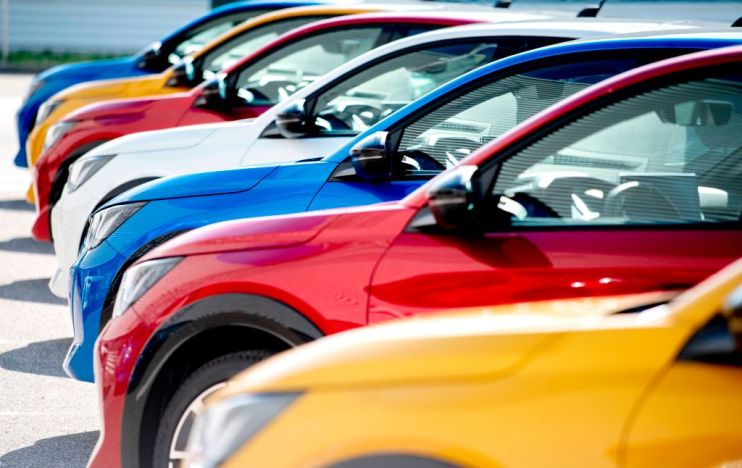Fiat Chrysler and PSA agree $50bn mega-merger

Fiat Chrysler and Peugeot maker PSA have today agreed a $50bn mega-merger to create the world’s fourth largest car manufacturer.
The combined PSA-FCA business, which is yet to be branded, will chase annual $4bn cost savings through shares purchasing agreements and by combining technologies.
Read more: Fiat Chrysler and PSA’s huge merger could reshape the car industry
The tie-up, set to close in 12 to 15 months, comes as car makers struggle through a worldwide downturn in demand due to a variety of factors.
The pair will have a board comprised of 11 members, with five from each company.
PSA chief Carlos Tavares, who will be the CEO of the combined company for an initial five -year term, will hold the remaining seat.
“Our merger is a huge opportunity to take a stronger position in the auto industry as we seek to master the transition to a world of clean, safe and sustainable mobility and to provide our customers with world-class products, technology and services,” Tevares said.
“I have every confidence that with their immense talent and their collaborative mindset, our teams will succeed in delivering maximised performance with vigor and enthusiasm.”
Fiat Chrysler boss Mike Manley added: “This is a union of two companies with incredible brands and a skilled and dedicated workforce. Both have faced the toughest of times and have emerged as agile, smart, formidable competitors. Our people share a common trait – they see challenges as opportunities to be embraced and the path to making us better at what we do.”
Read more: French shareholders want board control in Fiat-PSA merger
Once the merger completes, the combined entity will boast annual sales of 8.7m vehicles and revenues of almost €170bn (£144bn) as well as an operating profit margin of 6.6 per cent.
Before that, Fiat Chrysler will distribute a €5.5bn special dividend to shareholders while PSA will give investors a 46 per cent stake in Faurecia, its Paris-based automotive parts supplier.
Jonathan Branton, head of competition at law firm DWF, said: “This is obviously a huge consolidation of the sector that will surely require a considerable effort in securing competition (merger control) across a variety of jurisdictions and especially the European Union.
“This will take time and will create some uncertainty (although the parties will surely have planned this aspect meticulously). More particularly, this is representative of a general trend towards consolidation and/or cooperation in the sector as it undergoes the transformation that the changeover to electric vehicles is bringing.
“This is presenting unique challenges that seem set to make this and other projects which bring previously independent players together for different purposes (e.g. R&D) somewhat inevitable.”